Understanding Gonadotropin Intake
Gonadotropin intake refers to the consumption of hormones that play a crucial role in regulating reproductive functions. These hormones, which are typically produced by the pituitary gland, include follicle-stimulating hormone (FSH) and luteinizing hormone (LH). Both FSH and LH are vital for normal reproductive health in both men and women.
The Role of Gonadotropins in Reproduction
The primary function of gonadotropins is to stimulate the gonads—ovaries in females and testes in males. This stimulation is necessary for:
- Gamete production: The creation of eggs in females and sperm in males.
- Hormonal balance: Maintaining levels of sex hormones such as estrogen and testosterone.
- Regulation of menstrual cycles and ovulation in women.
Benefits of Gonadotropin Intake
Clinical use of gonadotropin intake has been found beneficial in several situations, including:
- Infertility treatments: Gonadotropins are often prescribed to assist with fertility issues, helping to induce ovulation in women who have irregular cycles or do not ovulate.
- Hormone replacement therapy: For individuals with low hormone levels, gonadotropins can help restore balance and improve overall health.
- Assisted reproductive technologies: In vitro fertilization (IVF) often involves the use of gonadotropins to enhance egg production.
Forms of Gonadotropin Intake
Gonadotropins can be administered in various forms, such as:
- Injections: The most common method, allowing for direct delivery into the bloodstream.
- Nasal sprays: Some formulations are available in this form, providing an alternative route of administration.
Considerations and Risks
While gonadotropin intake can offer significant benefits, it’s essential to consider potential risks, such as:
- Ovarian hyperstimulation syndrome (OHSS): A condition that can occur when the ovaries become overly stimulated.
- Multiple pregnancies: Increased likelihood of twins HUCOG 10000 I.U. Bharat Serums and Vaccines Limited intake or higher-order multiples due to enhanced ovulation.
- Side effects: Symptoms may include headaches, mood swings, and abdominal discomfort.
Conclusion
In summary, gonadotropin intake plays a pivotal role in reproductive health, particularly in treating infertility and hormonal imbalances. It is essential for individuals considering this treatment to consult with healthcare professionals to discuss potential benefits and risks tailored to their specific situation. Understanding the implications of gonadotropin usage can empower individuals on their journey toward achieving reproductive wellness.
